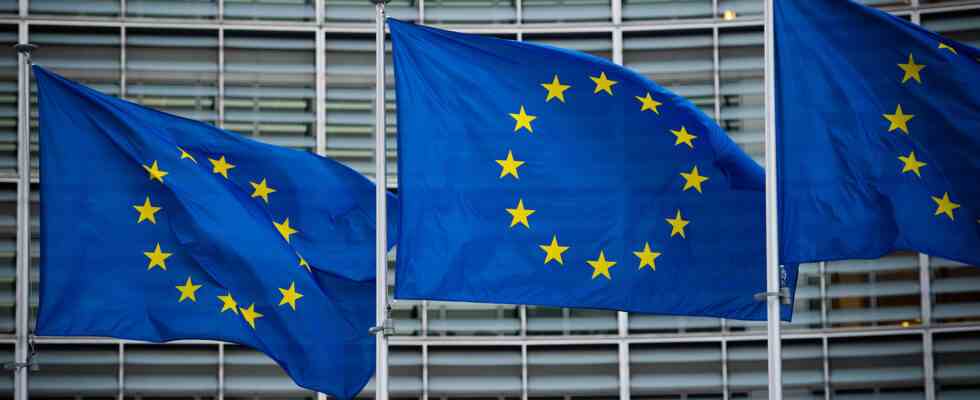Status: 05/09/2022 4:41 p.m
The EU Future Conference met for around a year to develop recommendations for a better Europe that is closer to its citizens. The reform proposals have now been handed over – and apparently they are being listened to.
We have been working towards this moment for a long time: for more than a year, representatives of the EU member states, the European Parliament and the EU Commission have intensively discussed with 800 randomly drawn citizens how the European Union can become better, closer to the citizens and more powerful can.
Now the so-called EU Future Conference has handed over its more than 300 reform proposals. The authors of the report appealed to EU leaders, saying:
We challenge you to consider these suggestions as a whole and implement them – and not just the ones that suit you best and are easy to implement.
More environmental protection and faster decisions
In terms of content, the conference demands, among other things, more environmental protection, an intensified fight against climate change, European minimum wages, sustainable agriculture, fast internet for everyone, greater powers for Brussels in health policy and more joint investments in the future, which are financed with joint debts.
In order to be able to act more quickly, the EU should in future also make decisions in important policy areas with a majority – instead of unanimously as before. This would effectively abolish national vetoes. The European Parliament, on the other hand, would have more powers.
EU treaties would have to be changed
In order to put the demands of the EU Future Conference – and many other proposals – into practice, the EU treaties would have to be changed. In practice, this could be prepared by a European constitutional convention.
In the EU, however, treaty changes are considered to be extremely complicated and lengthy. The proposals will now be examined by the European Parliament, EU governments and the European Commission.
Macron and von der Leyen open to changes
French President Emmanuel Macron and EU Commission President Ursula von der Leyen were open to any changes to the EU treaties.
Decisions with the unanimity principle “simply no longer made sense in some important areas if we want to move faster,” said von der Leyen. Standing still means going backwards.
Democracy does not end with elections.
Macron announced that the topic will be discussed at the EU summit on June 23-24. France currently still holds the EU Council Presidency and can therefore set topics.
Hungary against EU treaty change
However, not all EU members like the idea of fundamentally changing the EU treaty: several EU states have already expressed concerns about the reform proposals. The Hungarian parliament considers the proposals to be “unacceptable”.
Many EU countries also believe that a protracted process of amending the European treaties, amid post-COVID-19 economic woes, the impact of the Russian invasion of Ukraine and climate change, will only divert resources from solving more pressing problems and new ones would cause divisions.
With information from Stephan Ueberbach, ARD studio in Brussels

